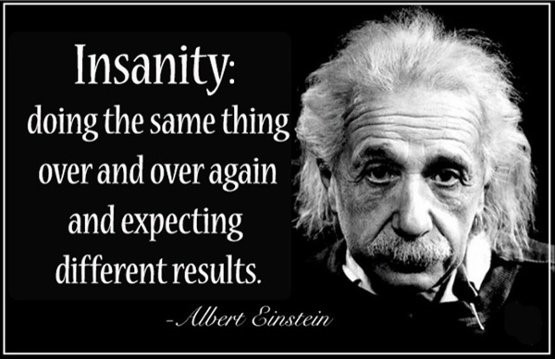Preparing For The LSAT

Cooley sat down with Jeff Thomas, executive director, Pre-Law Programs for Kaplan Test Prep to talk about how to prepare for the LSAT and the bar.
Thomas likes to get students to rethink what the LSAT really is and what it shows law schools. Thomas stated that he tells students that the LSAT allows you to show law schools what skills you have walking in the door to their program and should not be seen as a huge barrier or roadblock to your law school dream. The LSAT was designed to test the skills that lawyers need such as:
- Ability to evaluate the strength and structure of arguments.
- Ability to differentiate between dense texts.
- Ability to deduce seemingly conflicting rules and information and assemble them together in an order that makes sense.
The more that you prepare for the LSAT — and every point that you can squeeze out of the LSAT —makes you that much more prepared for law school in general.
One of the mistakes Thomas notes that students make in preparing for the LSAT is that they will take practice test after practice test, hoping to get better. While research shows that this type of preparation may show you short-term changes, the long-term changes are minimal. As Thomas shared, Albert Einstein stated the definition of insanity is doing the same thing over and over and expecting a better result.

So, it is important to take a practice test but then it is also important to analyze your performance on the test itself. What were your strengths and weaknesses on the test that you took? Once you do this you can focus on individual skill building in the areas where you need the most improvement and potentially get a few more points for your effort.
When you are looking at test preparation programs, ask the following question:
- Is it one size fits all where all students get the same questions and materials or is the program personalized to allow you to identify your personal strengths and weaknesses throughout the program?
If you decide to take a Kaplan test preparation program and do not get the score that you hoped for, Thomas mentioned that they work with you individually to examine how you studied for the test the first time and what you should do differently the second time.
As a student you have to understand that you can only take the LSAT three times in a two-year period.
These days law schools are not surprised to see students coming in with multiple LSAT scores. You will need to look at the school’s requirements regarding the LSAT and what they will accept. Also, some schools may require you to write an addendum explaining what you did to get the higher LSAT score.
As you get into law school and are working through your law curriculum you will have to start to prepare for the bar exam. To do this you will have to make sure to not only take advantage of law school resources, but also take advantage of external bar preparation programs too. As you are looking at the different companies that have this available, it is important to consider:
- The bar exam is an aggregation of content knowledge.
- Look for a course that uses data to drive the course experience (i.e., program that adjusts based on the data collected throughout the program).
As you are considering law schools you need to be purposeful in your decisions, making sure that you make a decision based on all the facts. That was something that Thomas stated he wishes he had done. Looking back on his own experiences in law school, Thomas stated that you need to make sure you:
- Cherish and make the most of your law school experiences. Participate in as many practical legal opportunities as you can to use the legal knowledge that you are attaining.
- Try courses that you typically may not have taken rather than stick only with the prescribed courses you think you have to take to be prepared for the bar exam.
In short, the LSAT is not only to show what you know, but to help you strengthen your knowledge in areas where you don't yet excel. Put your LSAT scores to work and make the most of your years in law school!
